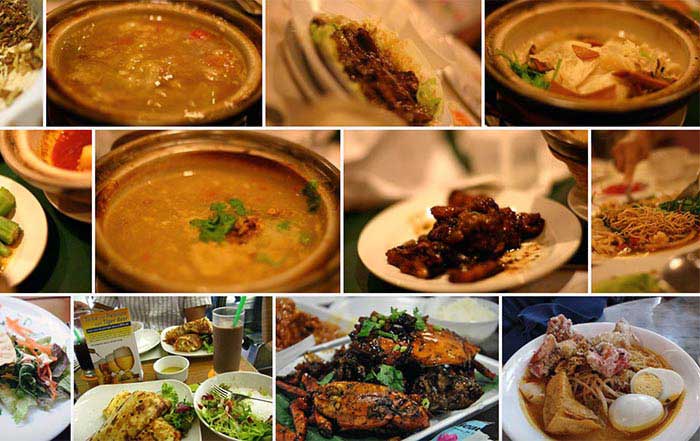Noname Security, the leading API security company, today announced that it has appointed AZ Asia-Pacific as its distribution partner in Singapore and The Philippines as it continues to expand within Asia Pacific. To drive customer acquisition and market share expansion, Noname Security has appointed Lim Pun Kok as Vice President Sales, Asia Pacific, and Eric Chong as Channel Sales Director, Asia Pacific.
Noname Security delivers the most powerful, complete, and easy-to-use API security platform. Noname finds and inventories all APIs; detects attacks, suspicious behavior, and misconfigurations using AI-based behavioral analysis; prevents attacks and integrates with existing remediation and security infrastructure; and actively validates APIs before deployment.
Unlike other solutions that only monitor API traffic, the Noname API Security Platform analyzes API traffic and application and infrastructure configurations to provide better API security posture management, API runtime security, and active API SDLC testing.
As predicted by Gartner, APIs have been the top attack vector for web applications in 2022, thus driving demand for API security. Fresh from securing USD 135 million in Series C funding at USD 1 billion valuation, only Noname Security, through its API Security Platform, can find all shadow APIs and API misconfigurations before impacting the enterprise.
Lim Pun Kok, Vice President Sales Asia Pacific at Noname Security, said, "We are committed to establishing a strong local presence so we can better serve our customers in Asia Pacific, and with AZ Asia-Pacific's technical expertise and proven track record across various industries, we are confident that this partnership will cement our position as the leading API security platform in the region."
Headquartered in Singapore, AZ Asia-Pacific is a distribution services hub that focuses on delivering quality solutions and services in technology, namely within the cloud, network and security space. AZ Asia-Pacific has a stellar range of products and services aimed at responding effectively to the industry's needs, which will now include Noname Security's proprietary products and services.
Seth Ho, Regional Director, Business Development, Asia Pacific at AZ Asia-Pacific, said, "Partnering with Noname Security will put us in a strong position to address our customers' evolving API security requirements and more importantly, their digital transformation goals to future-proof their businesses. We are excited that this partnership enables us to take advantage of the unique value of the Noname API Security Platform and technology, whilst unlocking new revenue opportunities."
Noname Security is the only company taking a complete, proactive approach to API Security. Noname works with 20' of the Fortune 500 and covers the entire API security scope across three pillars — Posture Management, Runtime Security, and Secure API SDLC. Noname Security is privately held, remote first with headquarters in Palo Alto, California, and an office in Tel Aviv and London.
AZ Asia-Pacific is a full-fledged distributor that works with the best breed of industry system integrators and service providers across the APJ region to re-invent solutions and services delivery in order to meet and exceed enterprises' technology challenges and requirements — Cloud, Network and Security. AZ Asia-Pacific is privately held, headquartered in Singapore, with offices and operations in Malaysia, Thailand, Philippines, Indonesia, China & South Asia.





